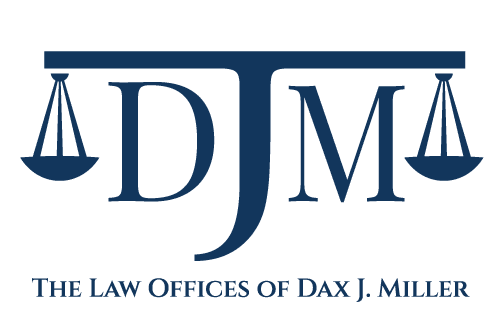Bankruptcy Filings Are Rising—And That’s Not a Bad Thing
If you’ve been feeling overwhelmed by debt and unsure where to turn, you’re not alone—and there is a path forward. Recent data shows more individuals and families are taking control of their finances by filing for bankruptcy. At The Law Offices of Dax J. Miller, LLC, we see this as an encouraging sign: more people are using the legal tools available to reset, rebuild, and move forward.
According to the Administrative Office of the U.S. Courts, bankruptcy filings increased by 13.1% in the 12-month period ending March 31, 2025. A total of 529,080 bankruptcy cases were filed—up from 467,774 the year before.
A Fresh Start, Not a Failure
Personal bankruptcy filings rose by 13%, and business filings increased by 14.7%. These numbers remain far below the historic highs seen after the 2008 financial crisis, and reflect a healthy shift—more individuals are making informed, proactive choices about their financial futures.
For years, bankruptcy filings were unusually low, partly due to pandemic-related protections and economic relief. Now, as those programs wind down, more people are choosing bankruptcy as a responsible step toward financial recovery.
Why Bankruptcy Is a Smart Financial Tool
Filing for bankruptcy isn’t the end—it’s often the beginning of a more stable future. Whether due to medical debt, credit card overload, job loss, or rising living costs, bankruptcy is a legal and effective solution for getting back on track.
At The Law Offices of Dax J. Miller, LLC, we help clients navigate Chapter 7 and Chapter 13 bankruptcy with compassion and clarity. Our goal is to empower you with real options and a clear path forward.
Let’s Talk About Your Options
If you’re struggling with debt, let us help you explore whether bankruptcy is the right solution. There’s no pressure—just straightforward guidance from an experienced attorney who understands what you’re going through.
Contact The Law Offices of Dax J. Miller, LLC today to schedule a free consultation. Let’s take the first step toward your financial fresh start—together.


